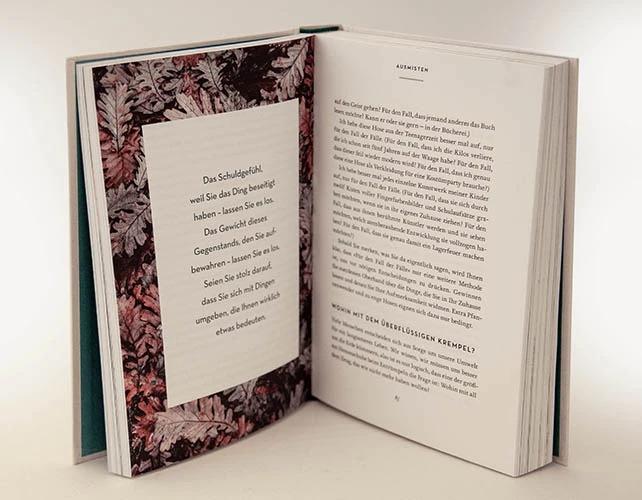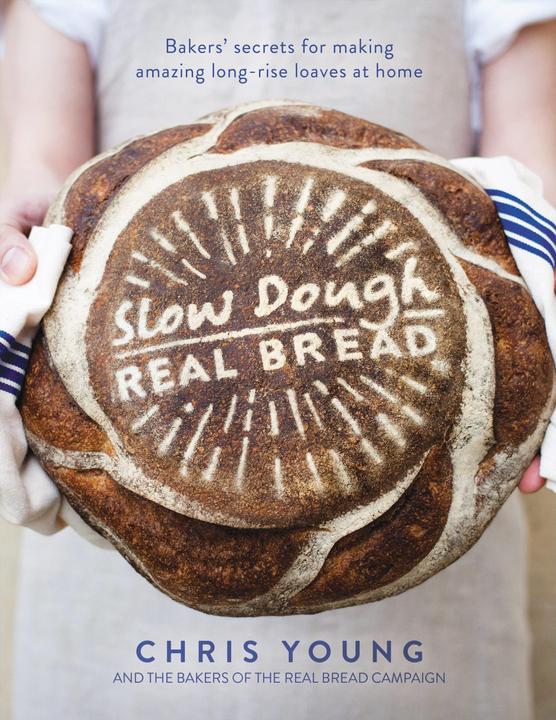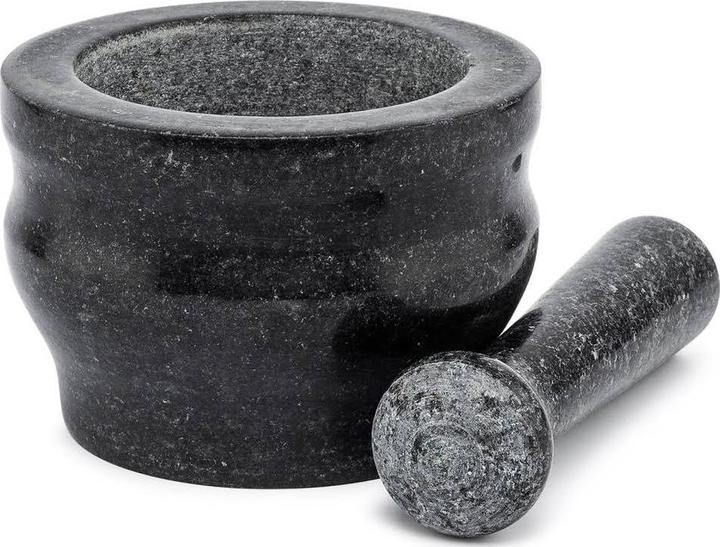
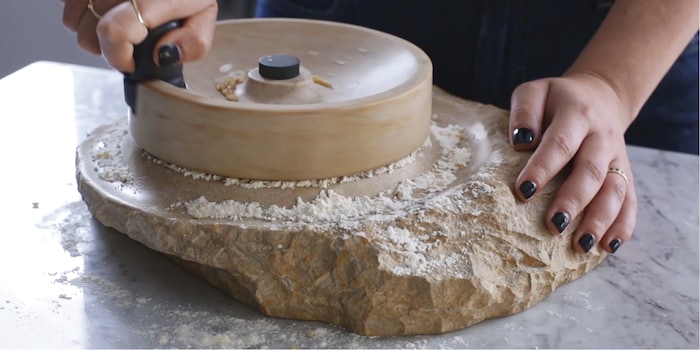
A silent protest against technology
The cooking utensils by designer Amalia Shem Tov are anything but efficient. They dispense with cutting-edge technology and deliberately slow down the food preparation process.
From the series: Slow Design
Designers deliberately create things that do without technology or slow down processes. Sounds absurd, but it's supposed to be sustainable and increase our well-being. In my series, I shed light on the living trend «Slow Design» using current examples.
Fast is not always good. Fast food makes me fat and fast fashion breaks after a few wears. Slow food - a movement that celebrates traditional cooking - on the other hand, is good for me. Slow music and dancing also make me happy. In my late twenties, I'm living alone for the first time and want every new purchase to last. Gone are the days when a quick visit to an American burger chain or a Swedish textile company filled me with happiness.
I am all the more interested in what the term and trend "slow design" is all about. As an ambitious interior designer, I am increasingly stumbling across it, most recently at Milan Design Week: at the "Ventura Futura" exhibition, I saw the beautiful kitchen utensils by designer Amalia Shem Tov. They stand out because they are made of raw stone and do not require any technology. They are part of the collection called "Roots", which is characterised by the slow design trend.
Slow in creation and consumption
Designers who follow the slow design approach respond to cultural and ecological needs. They are somewhat slower than others when it comes to creation, but only because they want to do everything right. The environmental impact of a product is largely decided during the design process. That's why slow designers pay particular attention to materials, regionality and the life cycle of their designs.
Back to the origin
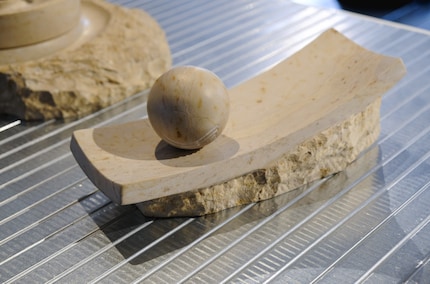
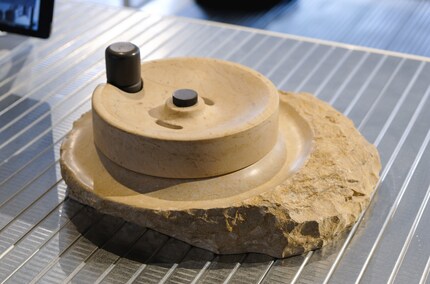
The Israeli designer's antique cooking tools slow us down. Not only because they are made from an almost forgotten material in the kitchen utensils sector - stone - but also because they do not require a power supply. In keeping with the slow food movement, which celebrates regional and conscious eating, her designs are intended to promote the joy of the moment and the preparation of food. They are also reminiscent of bygone, primitive times.
The collection consists of a millstone, mortar and pestle and baking stones for heating. All the tools require our physical strength. The material is a raw material from the Tel Aviv region. Unlike plastic, which is often used in kitchen appliances, the stone is sustainable.
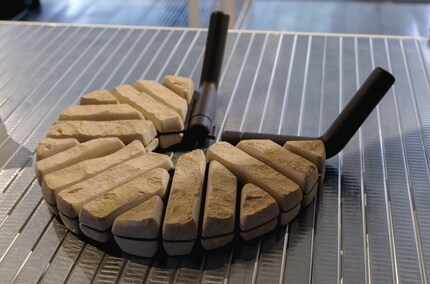
Nonsensical but sensual
What motivates a young designer my age to deliberately produce inefficient products? In Milan, I didn't know how to answer that question. Today I do. As a millennial, I am socially networked and extremely mobile. With all the fast-moving technology around me, anything that slows me down is good for me. Cooking is something I miss out on far too much in my everyday life. It would do me good to pause for a moment.
This is exactly where the kitchen tools come in: They radiate calm. They allow us to delay valuable preparation time and utilise it for as long as possible. As soon as the collection is available, I'll be happy to test it out. Until then, I'll be reading more about "slow" trends and trying out another ancient craft: baking bread.
To all conventional kitchen appliances
What do you think?
Would you test the "inefficient" kitchen appliances?
- Yes, I would love to prepare food all day.69%
- No, I prefer to stick with traditional kitchen appliances.32%
The competition has ended.
Follow me for upcoming articles from the "Slow Design" series. Just press the black button on my profile. I look forward to your plan.
Like a cheerleader, I love celebrating good design and bringing you closer to everything furniture- and interior design- related. I regularly curate simple yet sophisticated interior ideas, report on trends and interview creative minds about their work.
From the latest iPhone to the return of 80s fashion. The editorial team will help you make sense of it all.
Show all